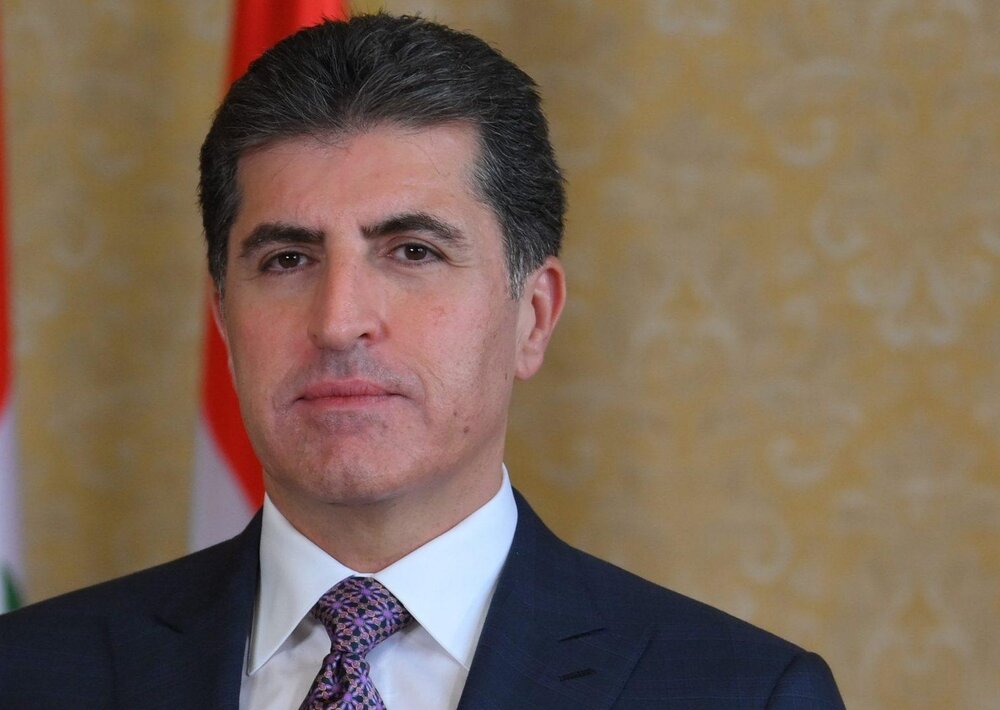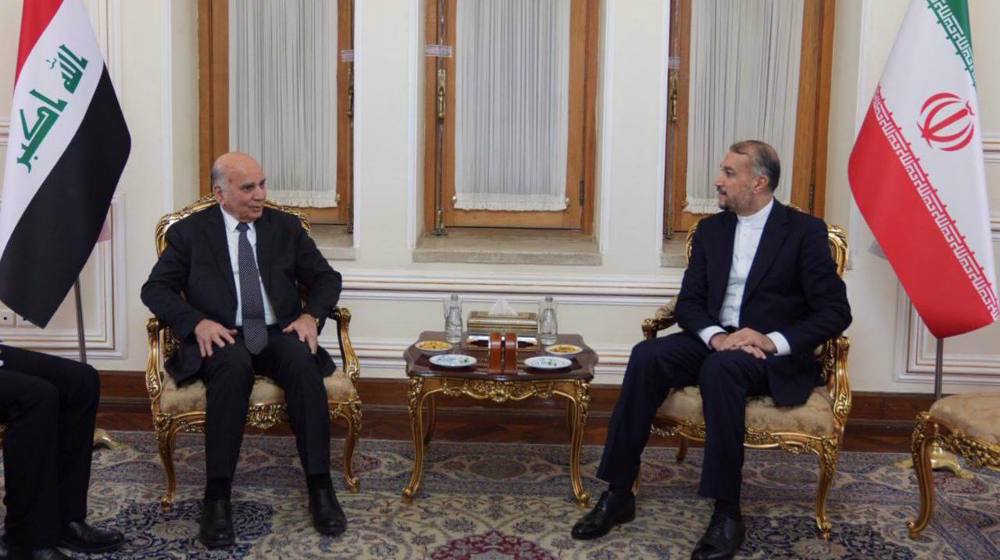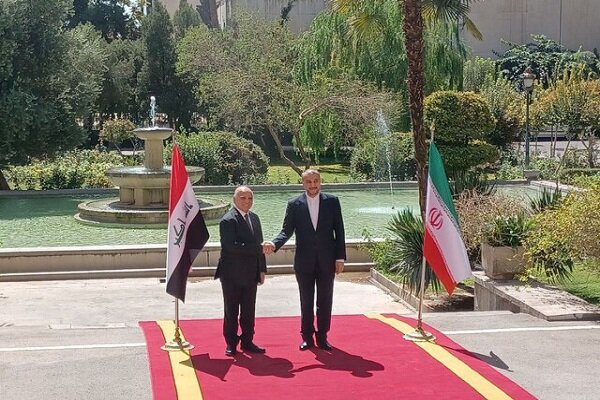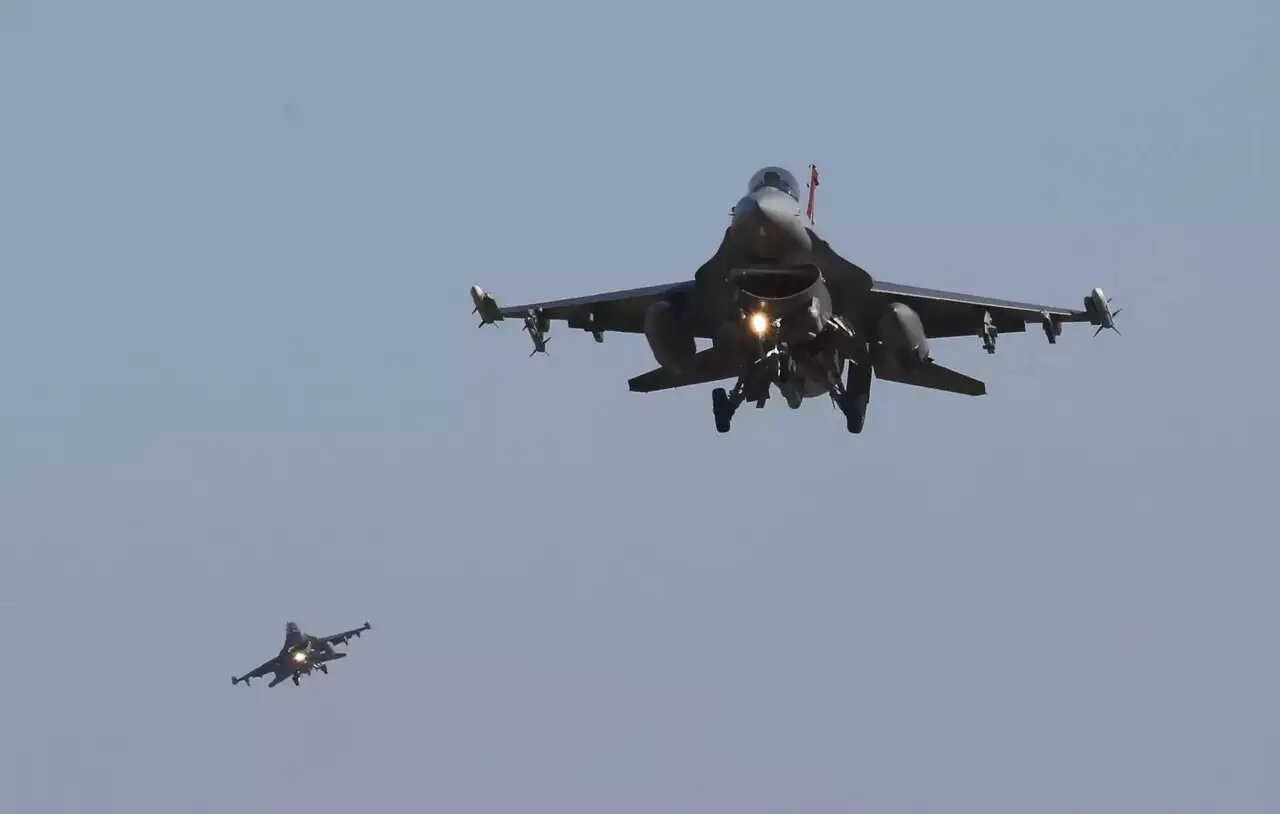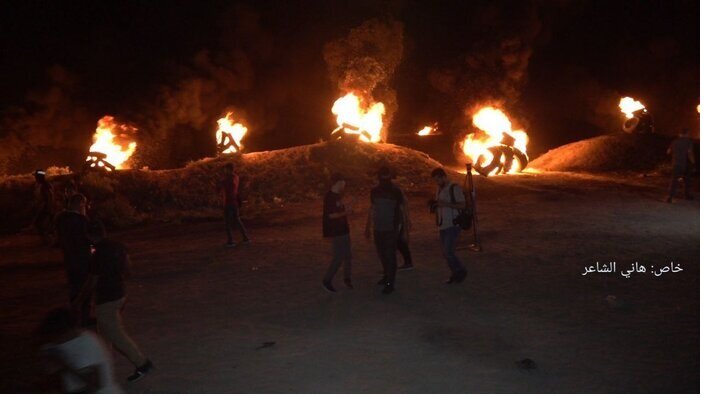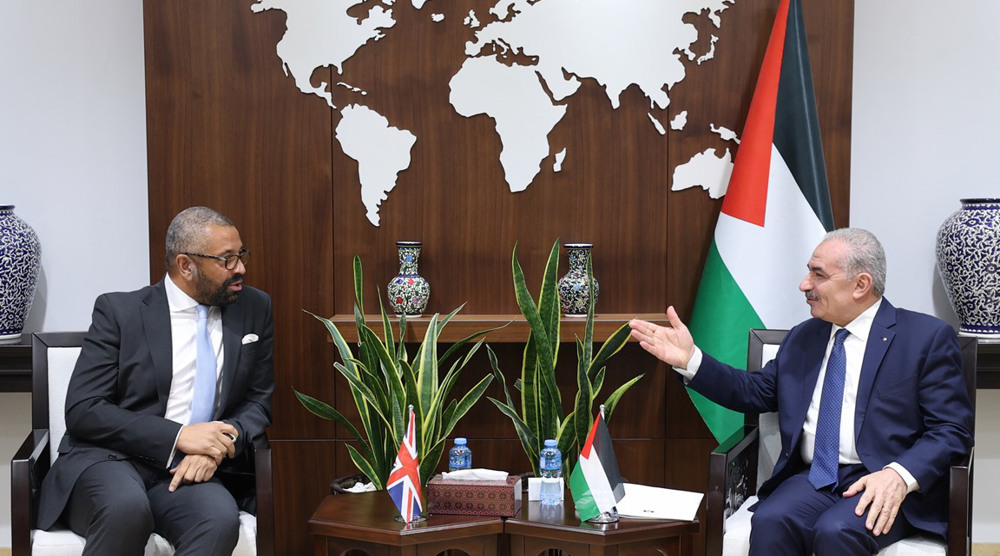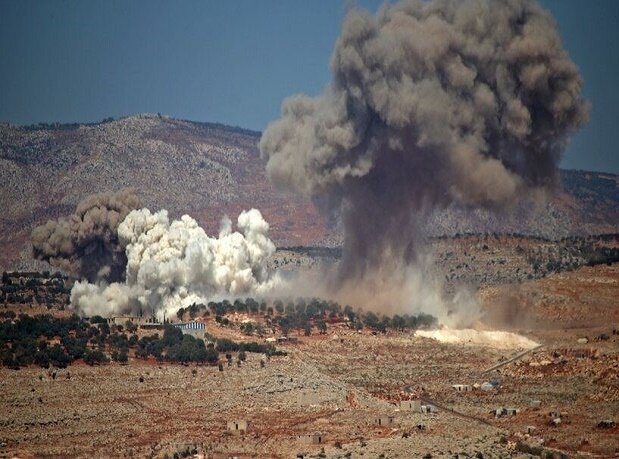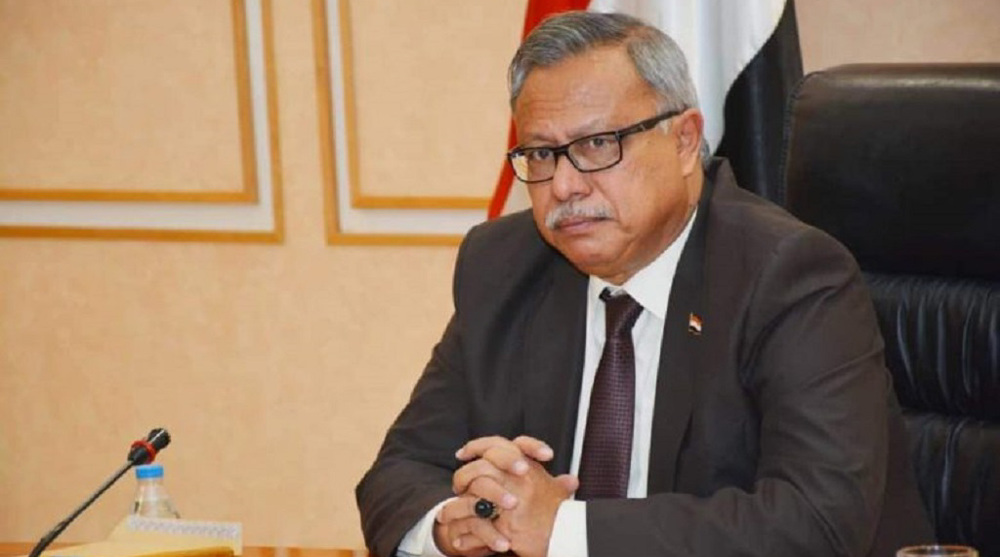The US Treasury Department has announced new sanctions targeting seven individuals and entities linked to the Lebanese resistance movement Hezbollah.
The new sanctions target Hezbollah’s revenue-generating “operatives and financiers” in South America and Lebanon, the US Department of Treasury’s Office of Foreign Assets Control (OFAC) said in a press release on Tuesday.
“Today’s action underscores the US government’s commitment to pursuing Hezbollah operatives and financiers no matter their location,” Brian Nelson, Treasury’s under-secretary for terrorism and financial intelligence, claimed in a statement.
“We will continue to root out those who seek to abuse the US and international financial system to fund and engage in terrorism,” Nelson added.
Founded in 1982, Hezbollah has been engaged in a determined effort aimed at protecting Lebanon against plots that are hatched by the United States and the Israeli regime, which the resistance group considers to be behind almost all instances of instability and deadly violence in the region.
Hezbollah’s success in defending Lebanon’s sovereignty and territorial integrity has won it a deep-rooted foundation and popularity across the country’s military and political spheres.
Hezbollah has also been engaged in the fight against Takfiri terrorists. By battling the foreign-backed anti-Damascus militants in Syria, Hezbollah contributed to regional stability.

